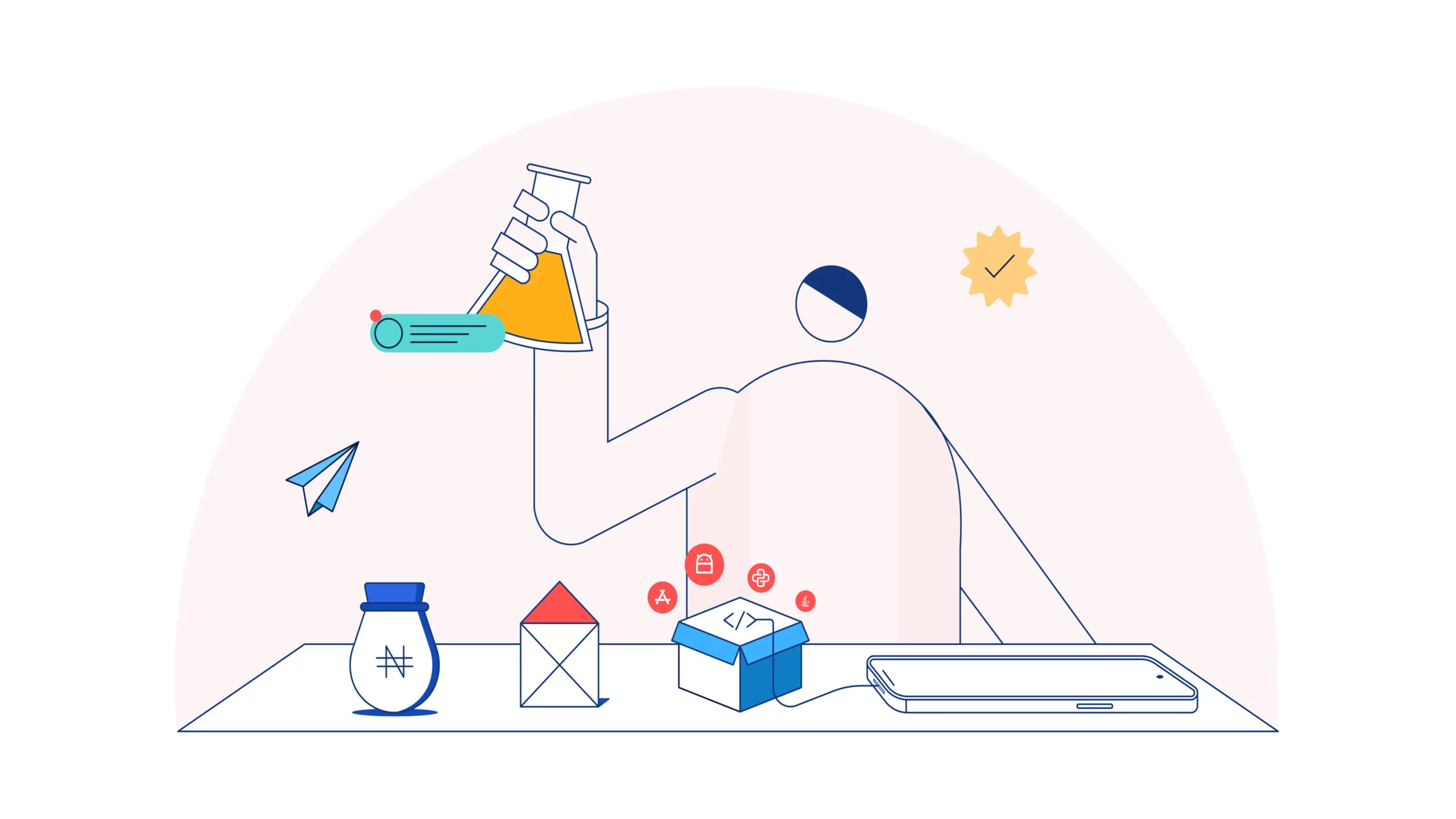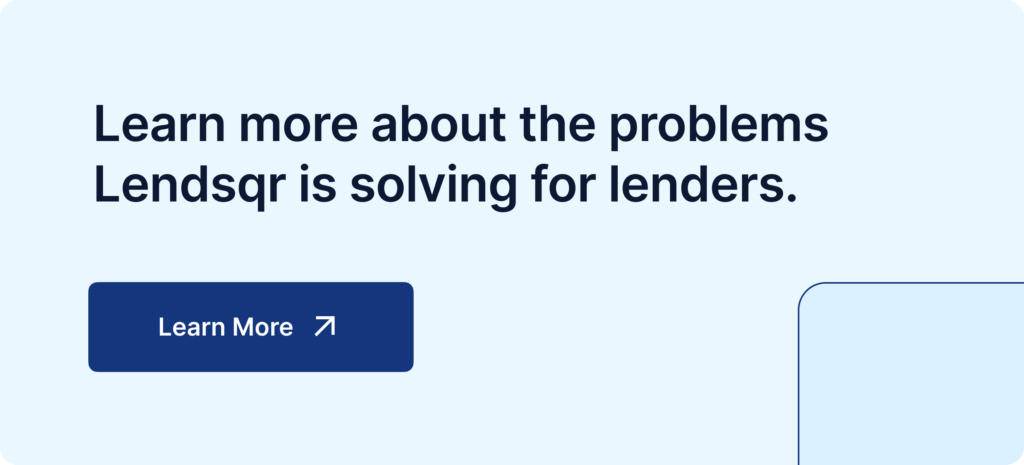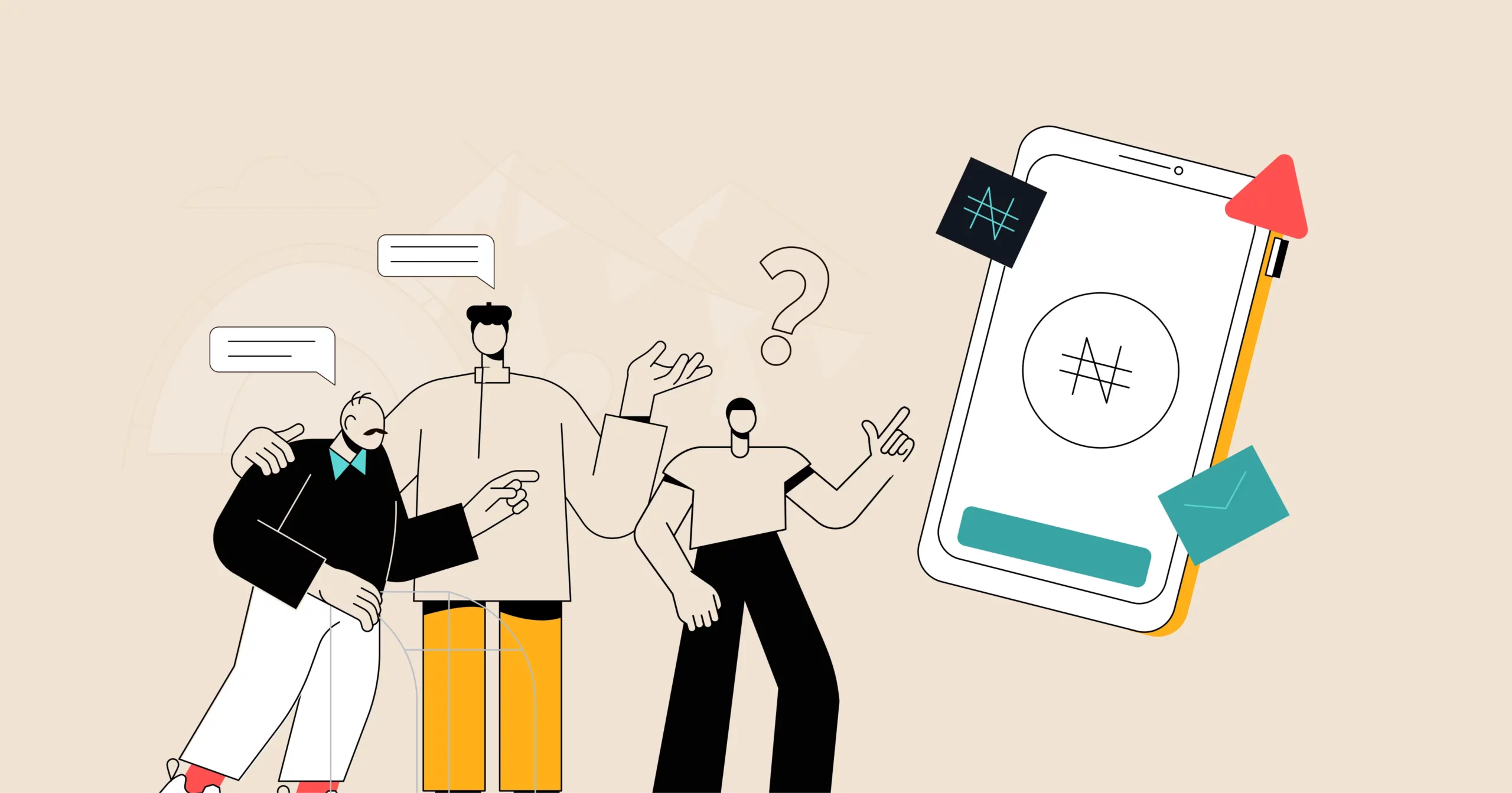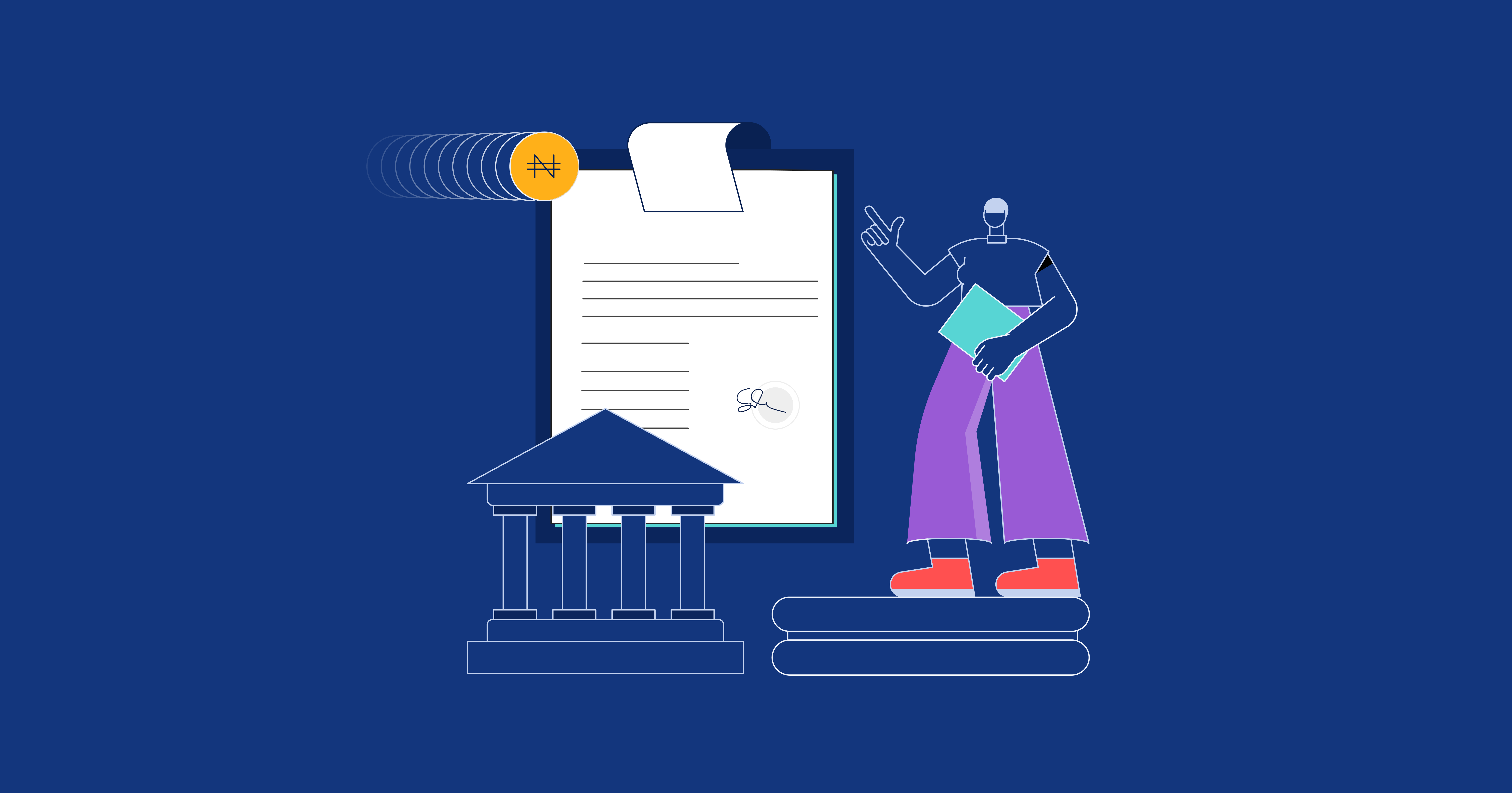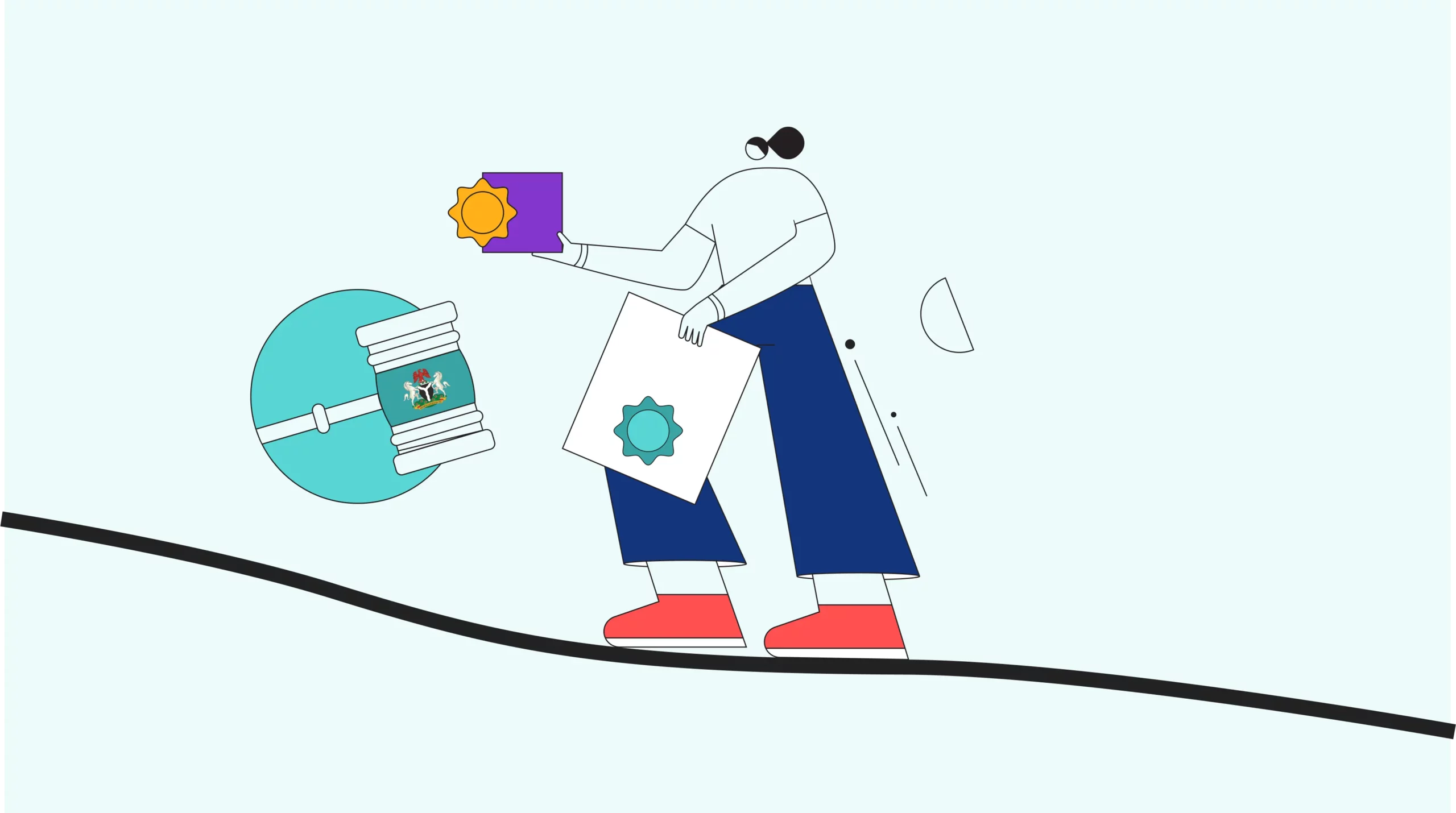The risks and benefits of mobile apps for financial inclusion
Read about the pros and cons of using mobile apps as a tool for financial inclusion
How direct debit is simplifying payment collection!
Read how direct debit is simplifying payment collection!
How to get your FCCPC license as a Nigerian digital lender
The FCCPC license is regarded as one of the toughest licenses to get in Africa. But we’ve done the grunt work of putting together all the necessary requirements and information you need to obtain your mandatory FCCPC license.
